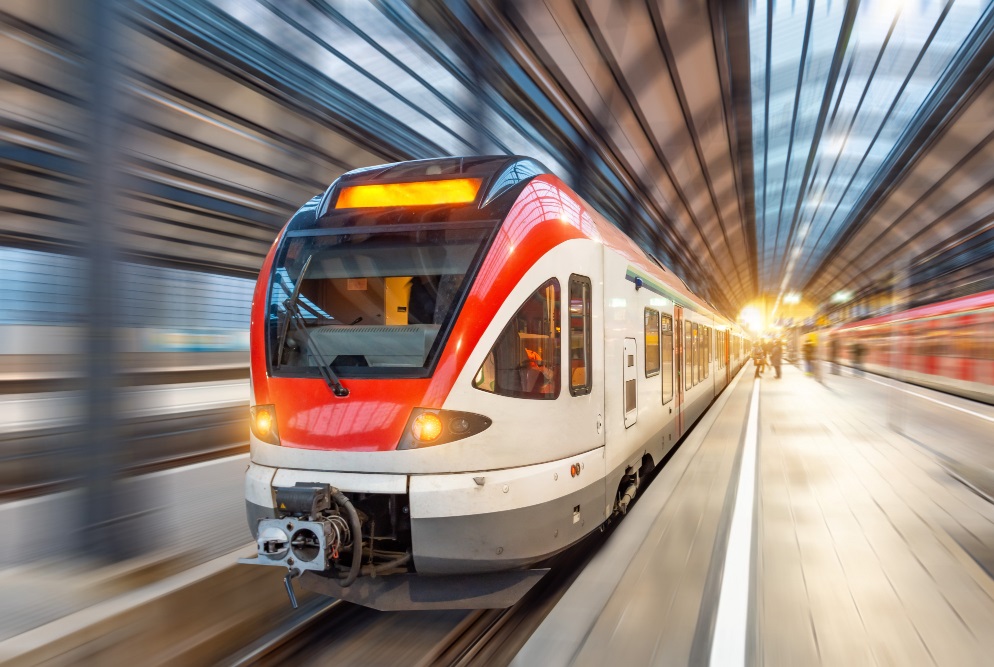Report Claims Deutsche Bahn Has "Lost Control" of Timetables
Deutsche Bahn Timetables in Disarray Amid Infrastructure Issues, Report Reveals
Deutsche Bahn is grappling with significant disruptions to its timetables due to signalling problems, signal box failures, broken switches, and safety-related speed limits. A recent report from the supervisory board describes the situation as chaotic, stating that the rail company has "lost control."
Deutsche Bahn Timetables in Disarray
The report, obtained by Süddeutsche Zeitung, highlights the deteriorating state of Germany's rail system. Passengers now face frequent delays and cancellations, with timetables increasingly becoming aspirational rather than accurate reflections of service.
The root cause, according to the report, is decades of neglect and underinvestment in Germany's rail infrastructure. Widespread defects in tracks, switches, and bridges have necessitated constant workarounds and speed restrictions, which are being implemented on an unprecedented scale.
As a result, maintaining a consistent timetable has become nearly impossible. In 2023 alone, Deutsche Bahn had to adjust its schedules between 2 and 3 million times. The report suggests that train journey planning has become more of a guessing game than a calculated process.
Deutsche Bahn Struggles to Maintain Operations
This chaotic situation is further straining Deutsche Bahn's finances, which have already been hit by record losses this year. The company is forced to keep an increasing number of trains, often older models, in reserve to compensate for delays and cancellations. However, this practice is expensive and not financially sustainable in the long term.
A Long Road to Recovery for Germany's Rail Network
According to Philipp Nagl, CEO of DB Netz AG, Germany now has the oldest signal box infrastructure in Western Europe. Years of insufficient investment have left the rail network in a state of disrepair. Nagl indicated that 2024 will mark the beginning of major renovation efforts, aimed at halting the decline and initiating a recovery.
However, significant improvements in punctuality are not expected for another two years, and it could take over a decade to fully restore the transport network. Passengers are urged to remain patient as these long-overdue upgrades are carried out.

